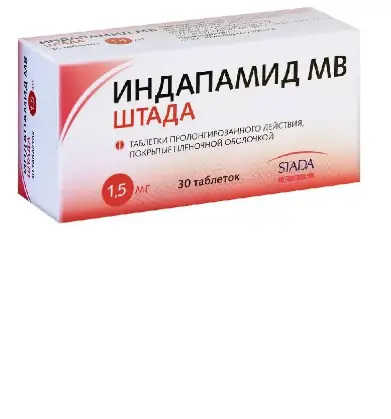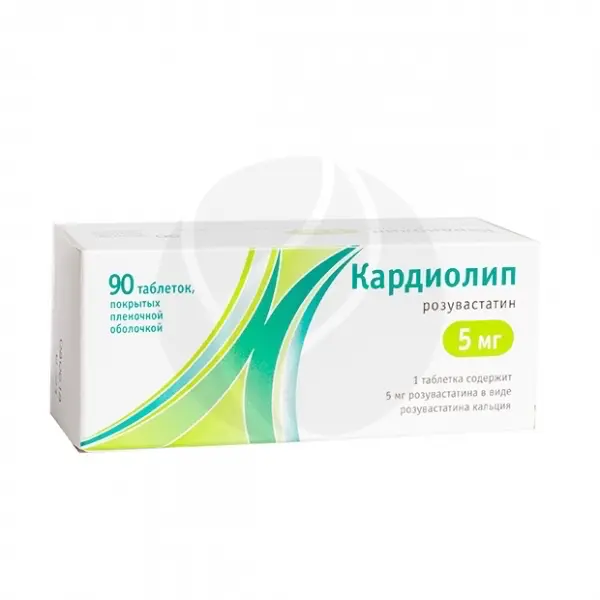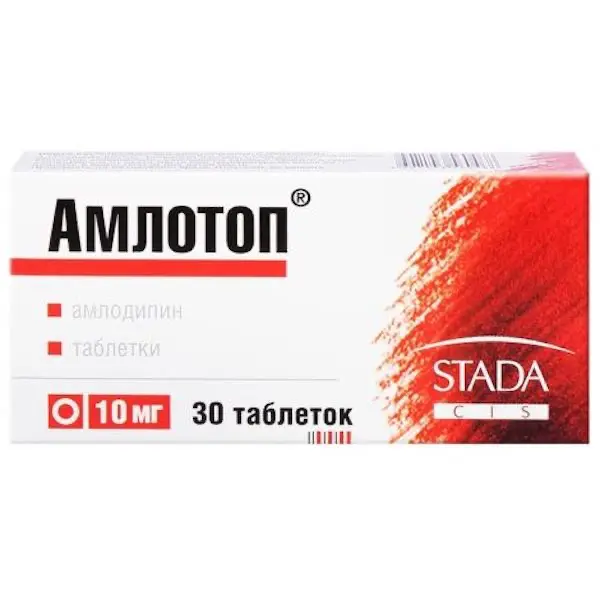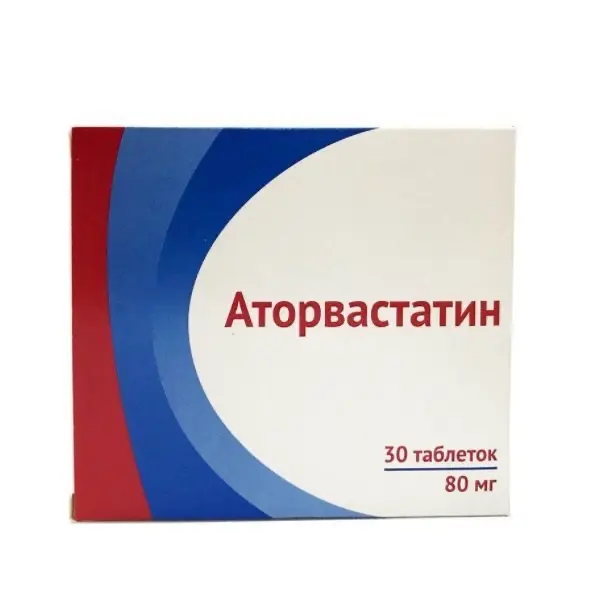Description
Indapamide MB Pharmacodynamics
Indapamide is a hypotensive drug, refers to sulfonamide derivatives with indole ring and is similar to thiazide diuretics in pharmacological properties, which inhibit sodium ions reabsorption in cortical segment of nephron loop. At the same time, the renal excretion of sodium ions, chlorine and, to a lesser extent, potassium and magnesium ions increases, which is accompanied by increased diuresis and antihypertensive effect.
In phase II and III clinical trials, 24-hour antihypertensive effect has been demonstrated when using indapamide as monotherapy in doses that do not have a pronounced diuretic effect.
The antihypertensive activity of indapamide is associated with improvement of elastic properties of large arteries, reduction of arteriolar and total peripheral vascular resistance.
Indapamide reduces left ventricular hypertrophy.
Thiazide and thiazide-like diuretics reach a plateau of therapeutic effect at a certain dose, while the frequency of side effects continues to increase with further increasing of the drug dose. Therefore, the drug dose should not be increased if the therapeutic effect is not achieved at the recommended dose.
In short-, medium-, and long-term studies involving patients with arterial hypertension, it has been shown that indapamide
has no effect on lipid metabolism parameters, including triglycerides, cholesterol, low-density lipoproteins, and high-density lipoproteins;
does not affect the parameters of carbohydrate metabolism, including in patients with diabetes mellitus.
Indications
Arterial hypertension in adults.
Contraindications
– Hypersensitivity to indapamide, other sulfonamide derivatives or any of the excipients;
– Severe renal insufficiency (creatinine clearance (CKR less than 30 ml/min);
– severe hepatic insufficiency or hepatic encephalopathy;
– hypokalemia;
– pregnancy, breastfeeding;
– Under 18 years of age (efficacy and safety not established);
– lactose intolerance, galactosemia, glucose/galactose malabsorption syndrome (the drug contains lactose).
With caution:
Liver and renal function disorders, water-electrolyte balance disorders, weakened patients or patients receiving combined therapy with antiarrhythmic drugs or drugs that may prolong the QT interval (see section “Interaction with other medicines”), diabetes, hyperuricemia (especially accompanied by gout and urate nephrolithiasis), patients with prolonged QT interval, hyperparathyroidism.
Pregnancy and lactation:
Pregnancy .
There are currently insufficient data on the use of indapamide during pregnancy (fewer than 300 cases have been described). Prolonged use of thiazide diuretics in the third trimester of pregnancy may cause hypovolemia in the mother and reduced uteroplacental blood flow, resulting in fetoplacental ischemia and fetal delay.
No direct or indirect effects on pregnancy have been observed in animal studies.
Indapamide should be avoided during pregnancy.
Breastfeeding period
It is not known whether indapamide or its metabolites are excreted with breast milk. The newborn may develop hypersensitivity to sulfonamide derivatives and hypokalemia. Therefore, the risk to the newborn/infant cannot be excluded. Indapamide is close to thiazide diuretics, administration of which causes reduction of breast milk or even suppression of lactation.
Indapamide should not be used during breastfeeding.
Dosage and administration
- Tablets are taken orally, preferably in the morning, without chewing and with plenty of fluids. Daily dose is 1 tablet of Indapamide MB STADA (1.5 mg) once a day.
- When treating patients with arterial hypertension, increasing of the drug dose does not increase antihypertensive effect but increases diuretic effect.
- Special patient groups
- Patients with renal insufficiency
Indapamide is contraindicated in patients with severe renal insufficiency (CKR less than 30 ml/min). Thiazide and thiazide-like diuretics are effective only in patients with normal renal function or with minor renal impairment. - Patients with hepatic insufficiency.
The drug is contraindicated in patients with severe hepatic insufficiency. - Elderly patients
In elderly patients, plasma creatinine concentration should be monitored taking into account age, body weight and sex. - STADA indapamide MB at a dose of 1.5 mg/day (1 tablet) may be administered in elderly patients with normal or mildly impaired renal function (see section “Contraindications”).





